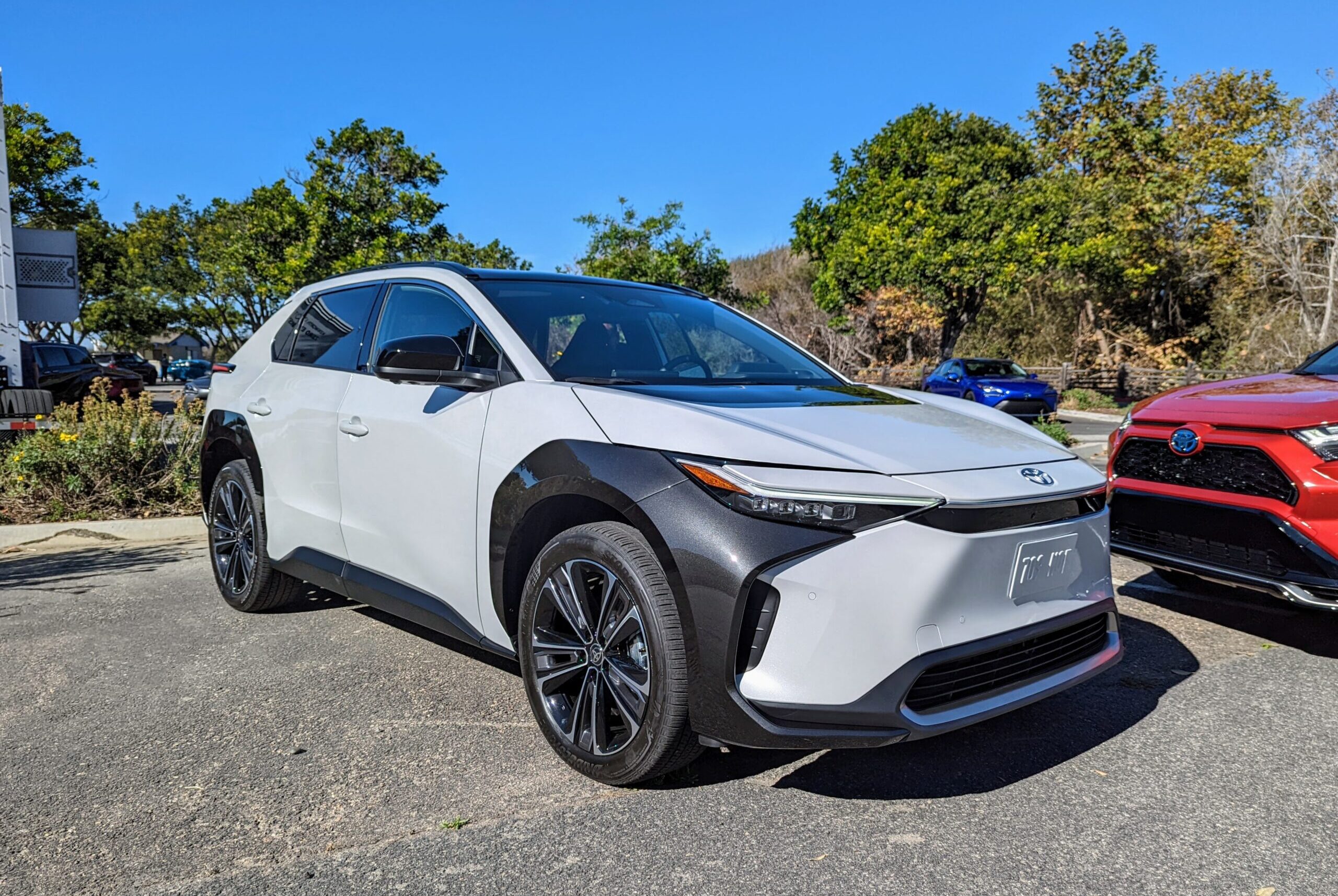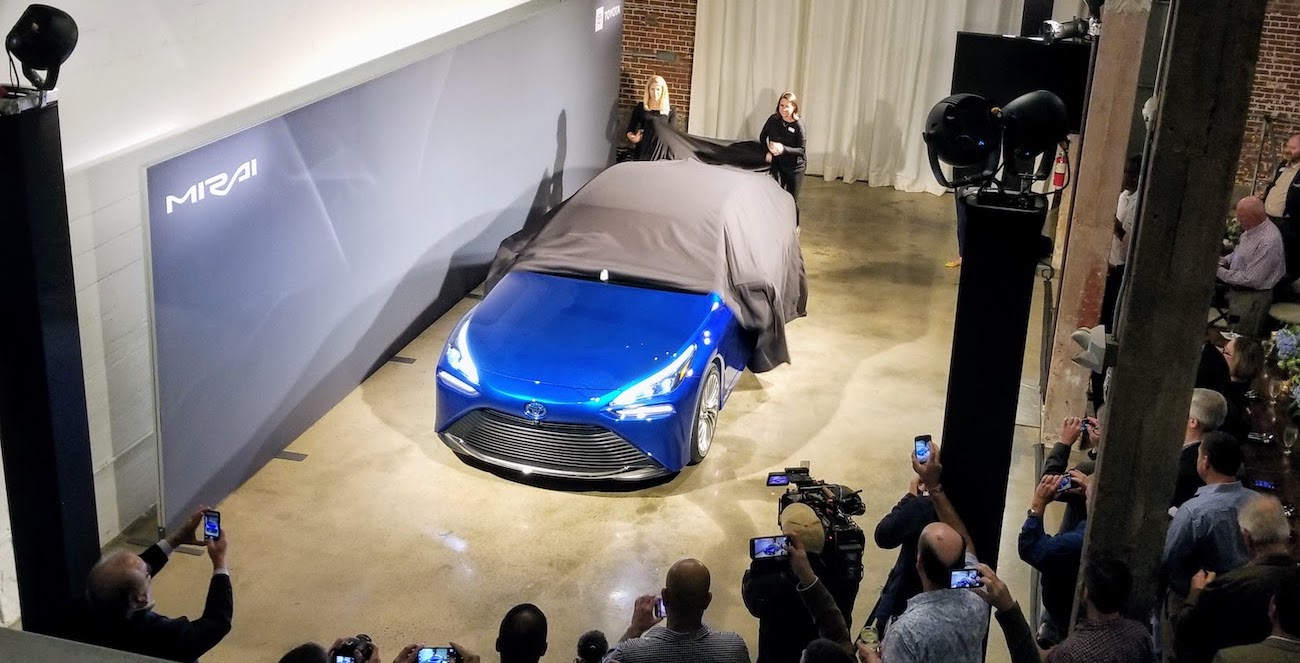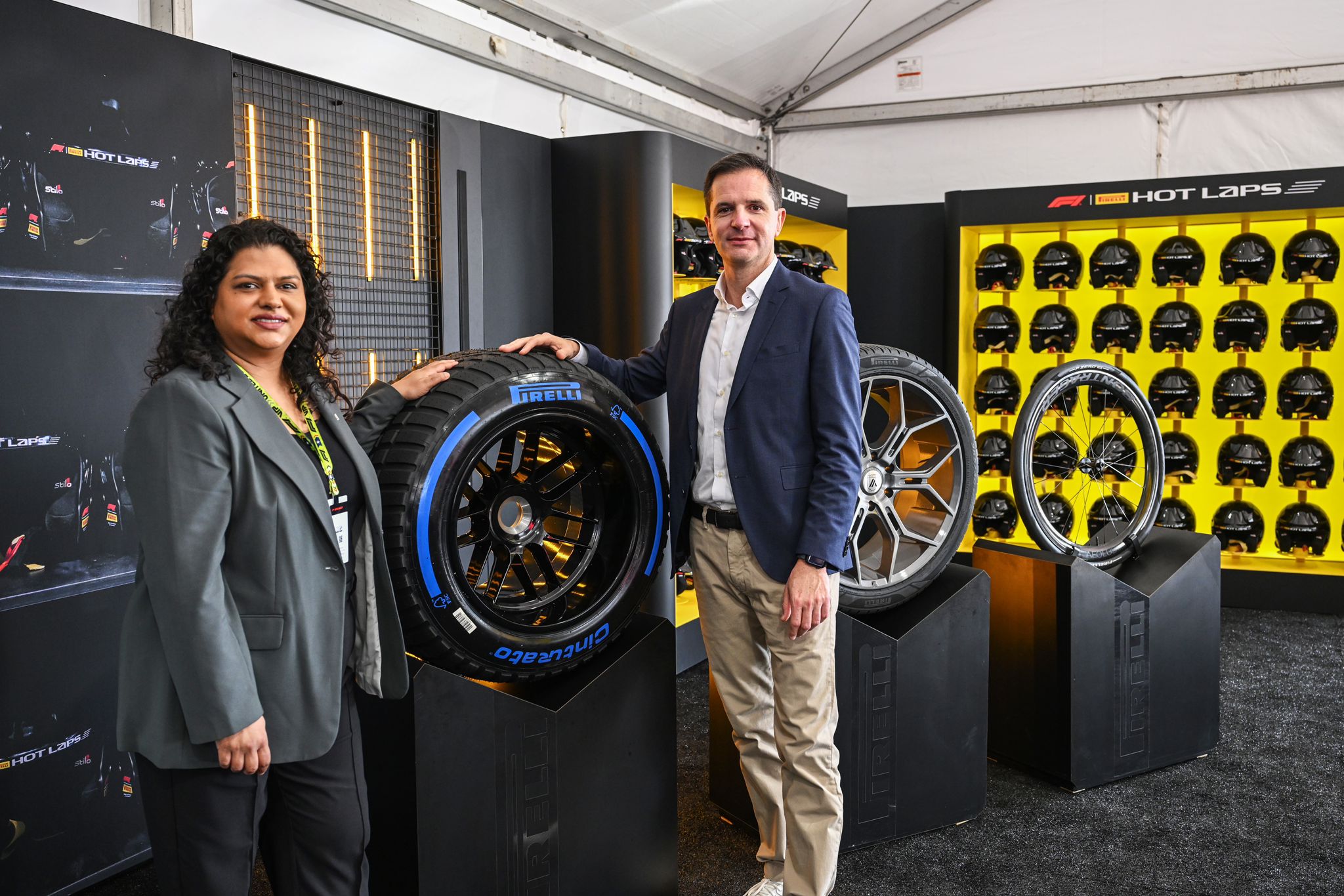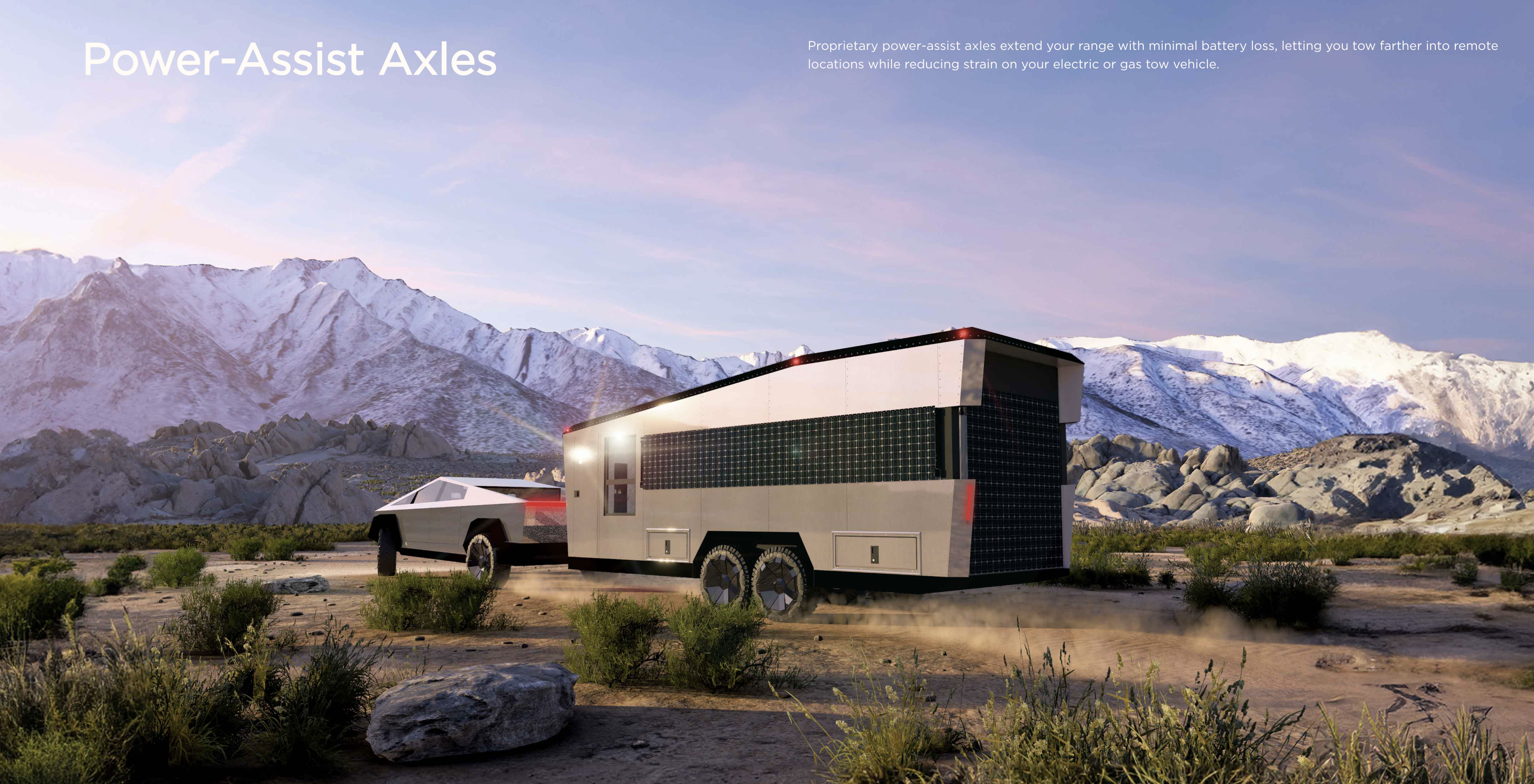Sign up for daily news updates from CleanTechnica on email. Or follow us on Google News!
Toyota isn’t the most popular auto brand among EV fans. Ironically, many normal folk think Toyota is an EV leader because of its early leadership with the Prius and hybrids. Aside from being one of the most bearish automakers on this phase of the EV transition, though, Toyota takes it a step further with some of its marketing, trashing fully electric vehicles (BEVs) at times and using misleading language regarding its conventional hybrid vehicles. Now, the organization Public Citizen is calling the company out on this and has filed an FTC complaint about Toyota’s advertising.
In general, the complaint is that Toyota is advertising its conventional hybrid vehicles — which run on gasoline — as EVs. “Through the company’s ‘Beyond Zero,’ ‘Electrified Diversified,’ and ‘To Each Their Own Electric’ marketing campaigns, Toyota is mendaciously relabeling a large number of its cars with internal combustion engines ‘EVs’ and representing vehicles that run on fossil fuels as ‘electric’ and ‘electrified,’” Public Citizen wrote earlier this month.
“In addition to the complaint with the FTC, Public Citizen called on the attorneys general of California, Colorado, Illinois, Massachusetts, Michigan, New York, Oregon, and Rhode Island, to investigate and take enforcement action against the company for its misleading marketing practices.”
In particular, Toyota marketed its “electrified” lineup as the biggest in the industry in 2022 (including 21 different models under that umbrella) even though the company had only one fully electric model across the Toyota and Lexus lineup, and three plugin hybrids. Has Toyota been deceiving people? Probably.
“With the rapid growth of EVs, Toyota has begun to pretend many of its gasoline-powered cars are electric vehicles,” said Aaron Regunberg, senior policy counsel with Public Citizen’s Climate Program. “Toyota’s deceptive practices are harming consumers, making it difficult for them to decipher the difference between hybrids and EVs. If manufacturers categorize cars that run primarily or entirely on fossil fuels as ‘electric’ or ‘EVs,’ then what do those words even mean?”
Furthermore, after using the term “hybrid” for the Prius for 25 years (since 1997), Toyota switched in 2023 to calling it a “Hybrid EV” or “HEV.”
“Toyota spent years ignoring the growth of EVs and has put itself at risk of losing a generation of environmentally conscious customers,” said East Peterson-Trujillo, senior clean vehicles campaigner with Public Citizen’s Climate team. “For the benefit of consumers, fair competition, and a livable future, the FTC and state attorneys general should investigate Toyota for these misleading acts, and the FTC should update its policy guidance to clarify that deceptive marketing like Toyota’s is not permissible.”

More recently, a week ago, Public Citizen highlighted the oddities of Toyota’s EV presence at the LA Auto Show. Despite the fact that California dominates in EV sales in this country, Toyota wasn’t one of the 10 auto companies to bring EVs to the auto show’s “Electric Avenue” test track. Either the company determined its EVs wouldn’t compete well, or it just doesn’t care to sell them, even in California. “On the opening day of the LA Auto Show, Public Citizen unfurled banners at the entrance that read ‘Toyota: Stop Stalling, EVs are the Future,’ and ‘Toyota: Drop Coal and Cut Ties to Forced Labor.’ After fastening the banners to a fence lining the exhibition halls, activists also greeted and leafletted attendees with hard facts about Toyota’s bad track record.” Well, that made it charge.
Public Citizen also highlighted Toyota’s heavy lobbying and that it’s consistently an obstructionist on climate policy — one of the biggest obstructionists in the country.

Public Citizen even went beyond that to highlight other ways Toyota has been lagging.
“For years, Toyota has fought zero-emission vehicle mandates and tried to weaken other climate initiatives in the US and in countries around the world. Toyota is also currently opposing the Environmental Protection Agency’s proposed rules to cut pollution from passenger vehicles.
“Not only is Toyota consistently ranked as one of the most obstructionist companies on climate policy, but the company has also lobbied against pro-worker policies, like EV tax credits that would have benefitted union auto assembly plants. The company has also waged vicious union-busting campaigns against its workers when they’ve tried to organize at its U.S. facilities.
“As for the company’s supply chain, Toyota’s steel and aluminum suppliers still heavily rely on dirty, coal-powered processes. Pollution from coal-dependent supply chains is linked to respiratory illnesses and cancer for communities of color on the fence lines of these operations.
“Even worse, its steel supply chain has been linked to state-sponsored forced migration, human trafficking, forced labor, and enslavement of the Uyghur Muslim people in China’s Xinjiang region.
“Toyota wants us to think it’s an industry leader on sustainability. But in reality, Toyota lobbies to block climate action and uphold anti-worker practices, all while failing to address serious environmental and human rights issues linked to its supply chain.
“These issues are horrific but sadly not uncommon or surprising. Toyota has some of the weakest policies to account for, remedy, and prevent harms in its supply chain.”
Not good. I think Toyota is generally seen in high regard and as a respectable, responsible brand amongst its auto company colleagues. But when you look at that litany of issues, it sure is hard to see Toyota in any positive light at all. When I saw that Public Citizen was stripping down Toyota for being an EV laggard, I have to admit, I didn’t expect to read all of that.
Have a tip for CleanTechnica? Want to advertise? Want to suggest a guest for our CleanTech Talk podcast? Contact us here.
Our Latest EVObsession Video
I don’t like paywalls. You don’t like paywalls. Who likes paywalls? Here at CleanTechnica, we implemented a limited paywall for a while, but it always felt wrong — and it was always tough to decide what we should put behind there. In theory, your most exclusive and best content goes behind a paywall. But then fewer people read it!! So, we’ve decided to completely nix paywalls here at CleanTechnica. But…
Thank you!
CleanTechnica uses affiliate links. See our policy here.




